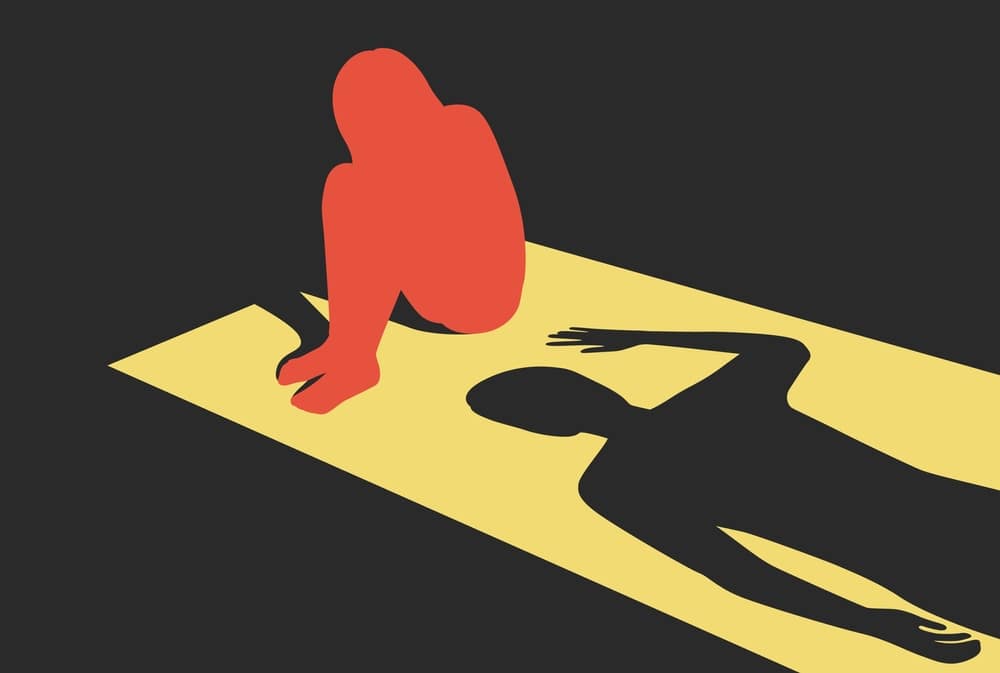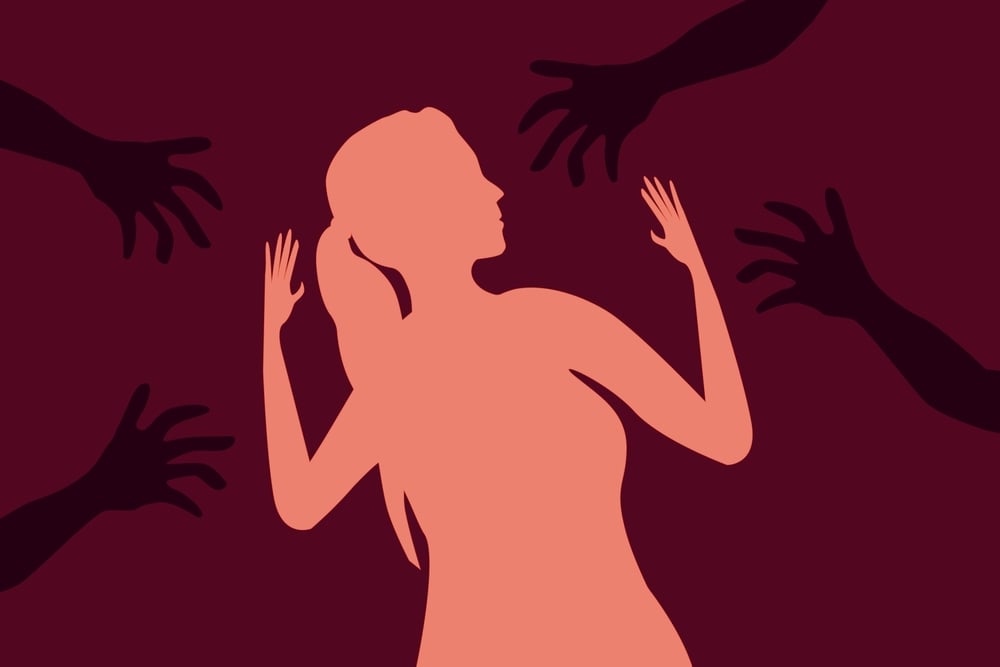Empowering Yourself: Strategies for Self-Defense Against Sexual Assault
Sexual assault is a grave violation of personal safety and autonomy. While it’s crucial to recognize that the responsibility for preventing assault lies with the perpetrator, not the survivor, there are proactive steps that individuals can take to enhance their safety and empowerment. Here’s a guide on how to strengthen your personal security and strategies to employ if you find yourself in a threatening situation. 1. Awareness and Prevention Understanding Risk Factors: Being aware of your surroundings and potential risks can help you take preventative measures. Trust your instincts—if something feels off, it’s okay to remove yourself from the situation. Safety Planning: Develop a safety plan for different scenarios. Share your whereabouts with a trusted friend, have a plan for safe transportation, and know your emergency contacts. Self-Defense Training: Consider taking a self-defense class. These classes not only teach physical techniques but also boost confidence and awareness. Many programs focus on practical skills for escaping various situations. 2. Personal Safety Strategies Assertiveness: Communicate clearly and assertively. If someone’s behavior makes you uncomfortable, express your feelings firmly and assertively, and seek help if needed. Escape Routes: Familiarize yourself with exits and escape routes in public places, such as parking lots, buildings, and public transport. Knowing where you can go to get help can be crucial. Self-Defense Techniques: Learn and practice techniques that can help you defend yourself if attacked. Techniques may include: 3. Responding to an Attack Stay Calm: In a high-stress situation, try to stay as calm as possible. This can help you think more clearly and make better decisions. Fight Back if Necessary: If you decide to fight back, focus on using your body’s strength and any available tools (e.g., keys, pens). Aim to disable the attacker temporarily and create an opportunity to escape. Seek Help: Yell, scream, or make noise to draw attention and attract help. Often, loud noises can deter an attacker or alert nearby individuals. 4. After an Assault Seek Immediate Medical Care: If you’ve been assaulted, seek medical attention as soon as possible. This is important for both your health and any potential evidence collection. Report the Incident: Reporting the assault to law enforcement can be a way to seek justice and prevent the perpetrator from harming others. However, reporting is a personal choice and should be made based on your comfort and safety. Get Support: Reach out to support services, such as counselors, support groups, and hotlines. Healing from an assault involves emotional support, and professionals can offer guidance and resources. 5. Empowerment and Support Know Your Rights: Educate yourself about your legal rights and available resources in your area. Understanding your rights can empower you and provide clarity on your options. Self-Care: Focus on self-care and personal healing. Engage in activities that support your mental and physical well-being, and surround yourself with supportive individuals. Conclusion While self-defense strategies can be empowering, it’s essential to remember that the responsibility for preventing sexual violence lies with the perpetrator, not the victim. Taking steps to enhance personal safety can provide a sense of empowerment and preparedness, but always prioritize your well-being and seek support if you need it. You are not alone, and there are resources available to help you navigate and heal from this traumatic experience.



